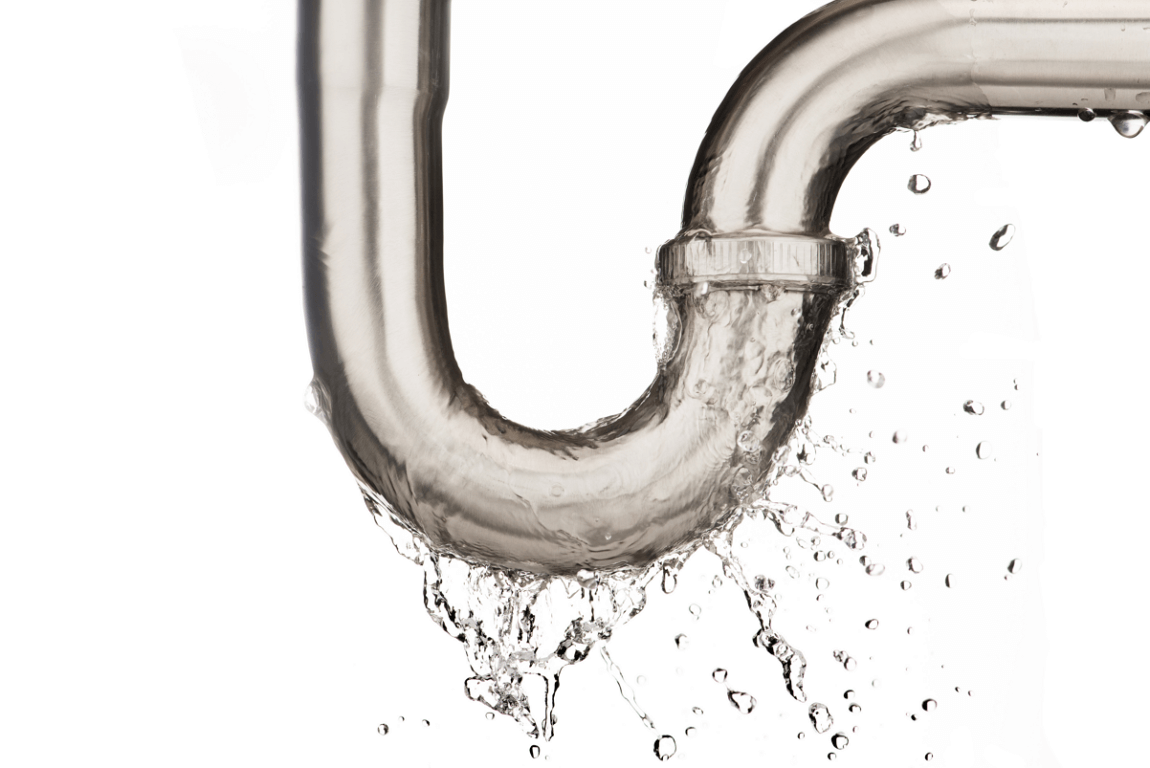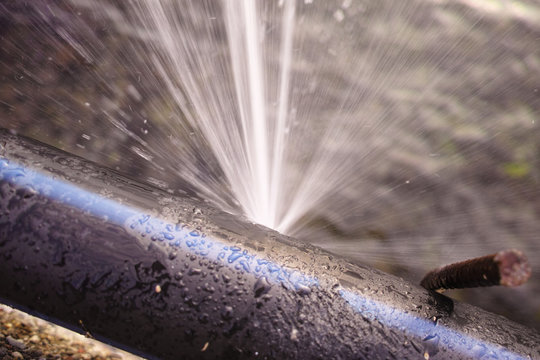The Top 5 Recurring Water Leak Factors
The Top 5 Recurring Water Leak Factors
Blog Article
Everyone has got their personal ideas about Where to Find Water Leaks.

"Be careful of little expenses. A little leakage will certainly sink an excellent ship." - Benjamin Franklin.
He could not have actually been extra best because water leakages in our homes lead to a waste of sources, raising our water bills. This rise may appear minimal at initially, it can lead to considerable expenses that can break your financial institution. Other than an increase in costs, water leaks likewise create unwanted natural growth, architectural damage, and even electric threats.
If you have a water leakage isn't constantly simple due to being unable to see many of the pipework in your residence, figuring out. Nevertheless, If you have had a rise in your water expenses recently, discovered water discolorations on ceilings and also walls, scented poor odor, etc. You could want to think about requesting plumbing services to get it took a look at.
There are several root causes of water leaks, and we have actually put together the common reasons below. Inspect to see if you have actually had associated issues in your home recently.
Obstructed drains
Food particles, dirt, and also grease can create stopped up drains pipes as well as obstruct the passage of water in and out of your sink. Enhanced pressure within the rain gutters can trigger an overflow and end up breaking or breaking pipelines if undealt with. To avoid clogged drains pipes in your house, we recommend you to prevent putting fragments down the tubes and normal cleansing of sinks.
High water pressure
You saw your house water pressure is greater than usual but then, why should you care? It runs out your control.
It would be best if you cared since your ordinary water stress need to be 60 Psi (per square inch) and also although your home's plumbing system is made to stand up to 80 Psi. A boost in water stress can put a stress on your residence pipes as well as lead to cracks, or even worse, ruptured pipelines. If you ever discover that your home water stress is more than usual, connect with a professional regarding managing it.
Rust
As your pipework grows older, it obtains weaker and much more prone to corrosion after the constant flow of water through them, which can gnaw at pipes and cause fractures. A visible sign of corrosion in your house plumbing system is staining as well as although this may be difficult to find as a result of a lot of pipes hidden away. Once they are old to ensure a sound plumbing system, we encourage doing a regular appointment every couple of years and also transform pipes
Deteriorated pipeline joints
Pipeline joints are the components of our plumbing system where the pipelines attach. It is essential to note that also though pipes are created to withstand pressure and also last for a while, they weren't designed to last for life; consequently, they would degrade over time. A common sign of harmed pipeline joints is too much noise from taps.
Busted seals
Another source of water leaks in homes is damaged seals of house appliances that utilize water, e.g., a dish washer. When such appliances are installed, seals are set up around water ports for simple flow of water with the equipment. A broken seal can trigger leak of water when in use.
With little or no knowledge of plumbing, understanding your house's plumbing system sufficient to deal with some of these issues (without effect) can be a problem. Get in touch with plumbing specialists in Pittsburgh, Providence, Rochester, and environ today, and they'll make those issues disappear.
He couldn't have been more ideal due to the fact that water leaks in our residences result in a waste of sources, raising our water bills. If you have had an increase in your water bills lately, saw water discolorations on wall surfaces as well as ceilings, smelt poor smell, and so on. An increase in water pressure can put a stress on your home pipes and lead to splits, or worse, burst pipelines. Another cause of water leaks in houses is damaged seals of home appliances that utilize water, e.g., a dishwasher. When such devices are set up, seals are set up around water adapters for very easy flow of water through the device.
5 TIPS IN DETECTING A WATER LEAK IN YOUR HOUSE
Water leaks can be hard to find in your home, yet they can be so common. We rely on water every day in our home, which is why a leak can cause big problems. By detecting them early, you can save money and further damage, getting the problem fixed as soon as possible. Here are 5 tips to help you detect a water leak in your home, so you can contact a plumber straight away and get the issue sorted.
Check your water meter
Many people underestimate the value of the water meter in their home. It can be one of the best ways to tell if you have a leak early on, so you can get on top of it before issues start arising. Start by turning off all the water in your home: taps, washing machine, dishwasher, etc. Now take a look at the meter – if it’s still changing with everything turned off, it’s likely you have a fast-flowing leak that you need to get on top of straight away. If nothing changes, then leave your meter for an hour or two and come back to it. Did it change in this time? It’s likely you have a slower leak, which isn’t as urgent but still handy to get fixed so it doesn’t become a bigger problem.
Keep an eye on your bill
Another good way to detect a leak in your home is by keeping an eye on your water bill. It helps if you have a past bill from the same period of time. You can compare like for like and determine whether your water usage has increased significantly. If it has, there may be a leak in your system that you haven’t picked up before. A professional plumber can check through all of your pipes and determine where it is coming from.
Look for damage
If you have a leak inside your home, you will notice damage over time. Take a look at your showers and bathtubs and note whether any of the tiles surrounding the area seem to be discoloured or damaged in any way. There may be water stains, mould or peeling material that has resulted from a build up of moisture over time. Make sure you take a look under sinks at the back of cupboards that don’t get accessed regularly. This is where damage can go unnoticed and build up over periods of time.

I stumbled upon that content on Common Causes of Water Leaks in the Home while doing a search on the internet. Those who appreciated our article plz don't forget to pass it around. Many thanks for taking the time to read it.
Dial, we deliver! Report this page